On 23 July 2020, UNESCO and ICCROM organized a webinar on Museums after the Pandemic that gathered experts from different regions of the world.
The debates, moderated by Lazare Eloundou, Director of the Entity for Culture and Emergencies of UNESCO, and Valérie Magar, Unit Manager, Programmes, ICCROM, were organized around 3 axes of reflection: the situation of museums in the face of COVID-19; the importance of museums for societies and their potential for development, and the future to envisage for museums.
Ernesto Ottone R., Assistant Director-General for Culture of UNESCO, stressed the need to support museums and recognize their role in society in the current and post COVID-19 contexts, as well as the importance for the museum sector to work together with the communities, to exchange experience and to promote solidarity. “The UNESCO 2015 Recommendation on Museums and Collections is more significant than ever, and UNESCO appeals to its Member States to further integrate its principles”, he said
Webber Ndoro, the Director-General of ICCROM, underlined the social role of museums and the necessity for them to reposition and demonstrate their full potential as agents of change, noting that “the conservation of collections is an agent of sustainability.”
Reviewing the findings of the UNESCO report “Museums around the World in the face of COVID-19, the experts confirmed that many museums have still not reopened in many parts of the world and that they continue to suffer from the closing constraints imposed in the affected countries. They unanimously noted that these closures and the interruption of tourism, especially in Small Island Developing States, have had a human and financial impact and may also dramatically affect the collections, especially those not yet digitized. Some experts were particularly concerned by additional difficulties that may occur when natural disasters such as earthquakes affect museums in times of pandemic. In such instances local capacities and preventive measures are essential, and must be well developed.
The recent ICCROM survey « How much Heritage Collections matter to People and why? » served as a basis to recall the importance of museums for societies and their potential for sustainable development. The debates highlighted that it is very difficult for museums to realize their full potential in the current situation, but that the crisis may be the occasion to review it. Policies should evolve and museums, housing the achievements of humankind, must turn towards communities, develop educational programmes and answer fundamental questions.
E-polls undertaken during the debates indicated that 65% of the audince think that museums are not realizing their full potential to benefit their communities and society at large.
The third session focused on the future of museums and the post-COVID period. It began with a presentation of the principles of the 2015 UNESCO Recommendation Concerning the Protection and Promotion of Museums and Collections, their Diversity and their Role in Society and the conclusions of the first Implementation Report of the Recommendation. The experts stressed that museums have never closed for such a long time and that it was not known how long this situation would last, revealing the fragility of the museums. They further emphasized the need to recognize the value of museums in society, so that the museum sector attracts and benefits from funding, which is necessary for its survival. In rethinking the future of museums, a number of issues were identified during the exchange including the need to change policies, elaborate new strategies, develop digitization, mobile applications, and publications, better include communities including artists, promote educational programmes and Human Rights, and demonstrate how museums are deeply rooted in our time.
In a second e-poll, the public selected the following priorities for museums: new technologies of information; exhibitions involving communities; decolonization of heritage and creative industries.








 User Center
User Center My Training Class
My Training Class Feedback
Feedback












Comments
Something to say?
Login or Sign up for free